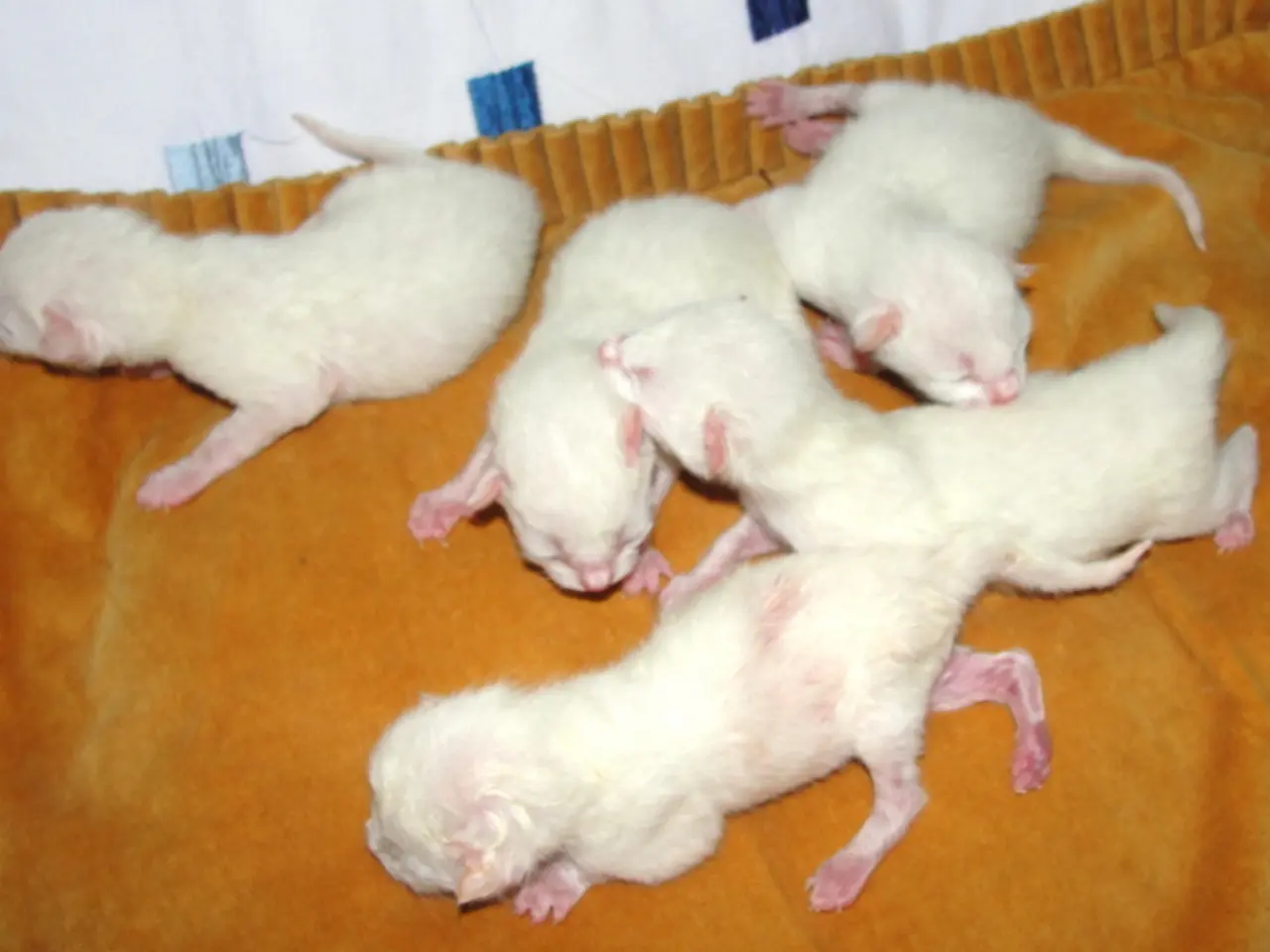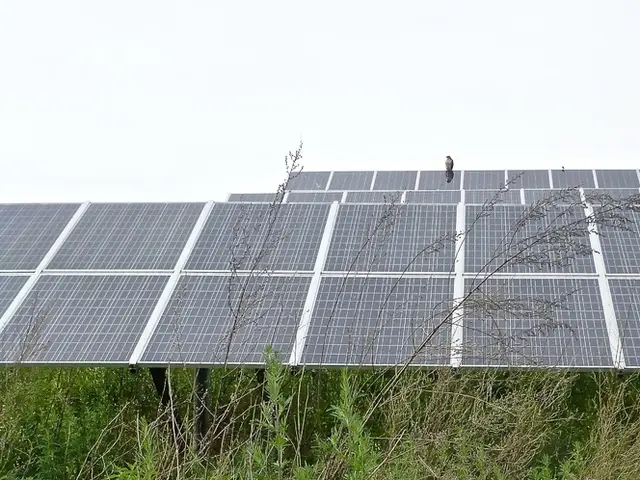Rat Removal Boosts Bird Populations, Enhances Coral Reefs in Marshall Islands
In a significant boost to climate change mitigation, the removal of rats from two Marshall Islands locations has led to a remarkable increase in bird populations. This, in turn, is boosting carbon storage and enhancing coral reef health.
In 2024, Island Conservation launched a rat eradication campaign using drones on Bikar Atoll and Jemo Islet. The operation has resulted in a dramatic return of seabirds to these islands. A colony of about 2,000 sooty terns is now feeding hundreds of chicks on Bikar, where previously there were none. Similarly, white terns are having a bumper nesting season at Jemo, with dozens of small chicks.
The return of these seabirds is not only heartening but also beneficial for the ecosystem. Seabirds bring nitrogen-rich guano from the sea to land, fertilizing trees and leaching excess nutrients to feed kelp, sponges, and coral symbiotic algae. This has led to thousands of Pisonia grandis seedlings sprouting, providing vital nesting habitat for seabirds like red-footed boobies, white terns, and black noddies.
The absence of rats has also led to a significant improvement in coral reef health. Coral reefs around these rat-free islands with abundant seabirds grow up to 4 times faster and recover more quickly from bleaching events compared to those around rat-infested islands. Fish biomass near these islands can be nearly 50% higher, improving coral reef resiliency.
The successful rat eradication campaign on Bikar Atoll and Jemo Islet has led to a return of seabirds, a regrowth of forests, and a recovery of coral reefs. This has not only restored these islands' ecosystems but also contributed to carbon storage and climate change mitigation. The project serves as a testament to the power of conservation efforts in restoring balance to ecosystems.
Read also:
- Industrial robots in China are being installed at a faster rate than in both the United States and the European Union, as the global market for these robots faces a downturn.
- Galvanize Unveils $1.3 Billion Plan to Fund the Energy Sector's Evolution Pathway
- EAFO Research Uncovers Crucial Elements in Electric Vehicle Adoption within the EU
- Kazakhstan: From Nuclear Test Ground to Disarmament Champion








